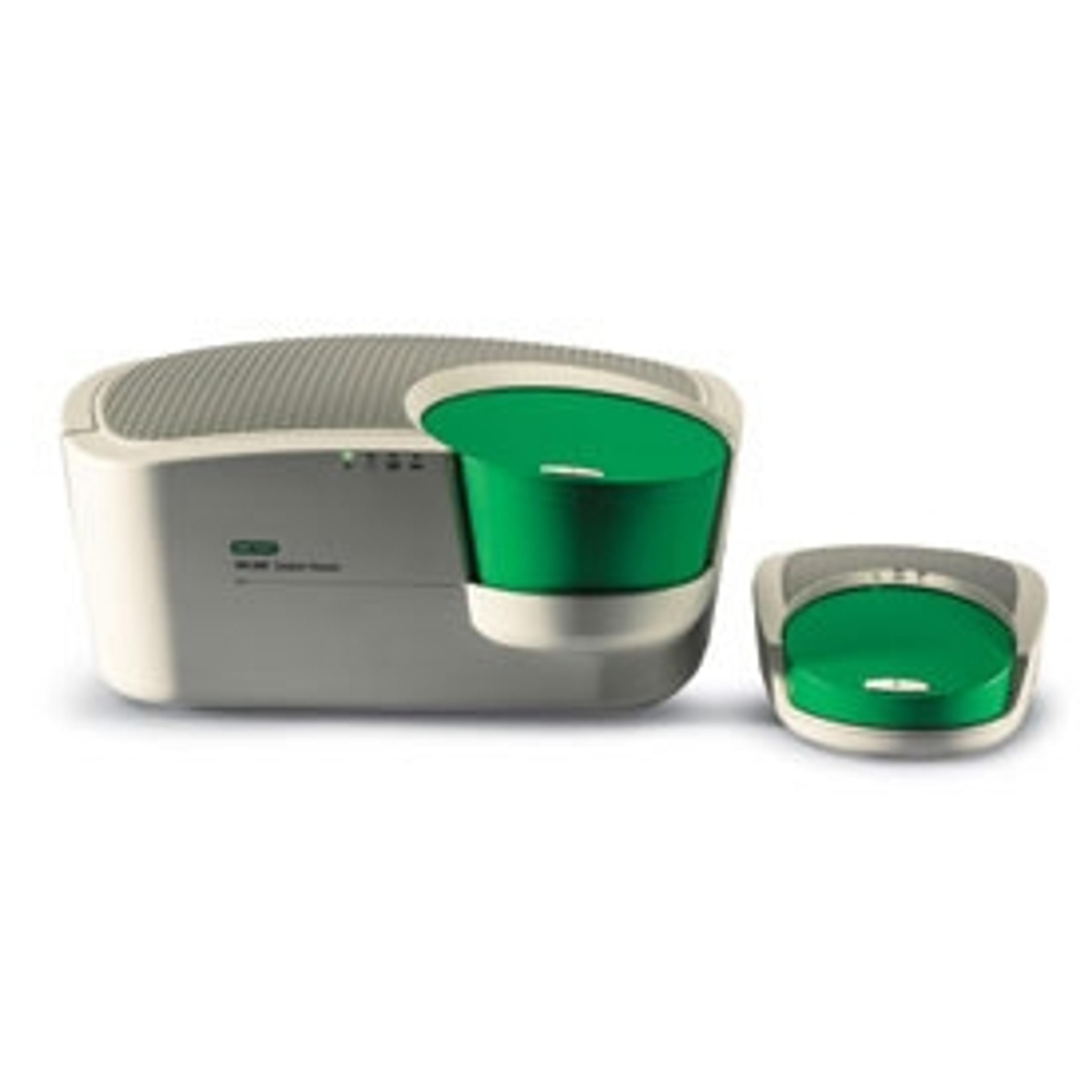Bio-Rad's ddPCR shows greater sensitivity in COVID-19 detection studies
Studies in China show that the QX200 ddPCR systems can detect low levels of infection in individuals
2 Apr 2020
Bio-Rad Laboratories, Inc., a global leader of life science research and clinical diagnostic products, has announced that in two studies published this month, ahead of peer-review, researchers in China reported that Bio-Rad’s QX200 Droplet Digital PCR (ddPCR) System showed superior sensitivity and precision for clinical detection of SARS-CoV-2 (the virus that causes COVID-19) compared to existing test methods that are performed using qPCR.
In the first study, clinicians in Wuhan, China observed that a subset of infected individuals who tested negative for COVID-19 using qPCR tested positive using ddPCR. The findings suggest that ddPCR can reduce false negative results of COVID-19 without any increase to false positive results, and could be a powerful complement to the current standard of testing.
The second study, led by the National Institute of Metrology and provincial CDCs in China, also concluded that Droplet Digital PCR significantly improves diagnostic detection accuracy of SARS-CoV-2 from 28.2% to 87.4%, thereby reducing false negatives. Furthermore, they found that Droplet Digital PCR is more sensitive and suitable for low virus load specimens from patients under isolation and observation even without any clinical symptoms.
“Bio-Rad is working to make ddPCR-based tests available for COVID-19 detection and is partnering with Biodesix in Colorado to bring an Emergency Use Authorization (EUA) test online,” said Norman Schwartz, Bio-Rad President and Chief Executive Officer. “By more quickly identifying those who test positive for the virus, individuals can be quarantined and receive treatment as quickly as possible, helping to contain the spread of COVID-19.”
Want more of the latest science news straight to your inbox? Become a member of SelectScience for free today>>

